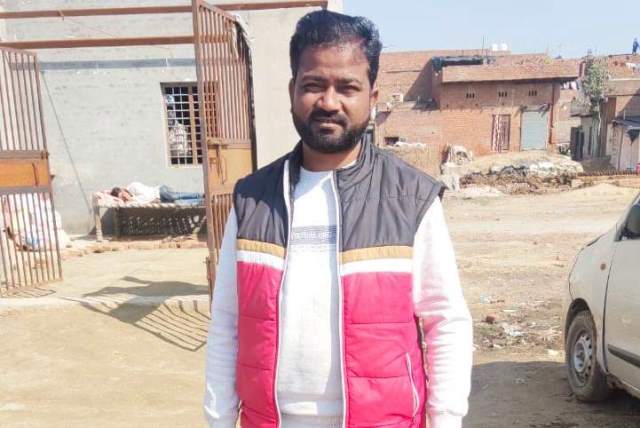Shivangi Mishra, 22, completed her B Tech final year during consecutive lockdowns online. Mishra narrates what all she missed out
I was in my B Tech final year from KIIT University, Bhubaneshwar, when we heard the news about the outbreak of Covid pandemic. I was in the hostel, studying labouriously for the final exams and at the same time enjoying the hostel life with my friends.
As the pandemic and the panic spread, we were asked by our college administration to vacate hostel premises. Strict lockdowns were to follow. So, we bundled up our stuff and headed home thinking that the situation will be brought under control in a month or two and we will be back to our normal hostel life soon. However, in good time we realised the intensity of the outbreak the world over.
With no signs of returning to hostel to attend classes, we received information from the college administration about online classes. Studying technology online can be an uphill task for students. To make matters worse, many teachers as well students were not aware of the online education procedures; besides, there were intermittent network issues. To clear the concept, many a time several students would start asking questions at the same time. It seemed chaotic and much would get lost in the confusion.
We had always been to the classrooms hitherto where teachers were physically present and answered our queries. The online classes had their limitations. We struggled to complete the course. Many lagged behind. Those who were not good at studies suffered the most. It was very hard to face an examination after online classes for one whole year and that too for final semester exams.
ALSO READ: Online Learning Has Failed Education For All
During first couple of months, we were completely confused on how to continue studies as the atmosphere at home is entirely different from that of a formal classroom. Sometimes I was frustrated with disturbance with family members moving around. But slowly I devised a routine. Also, as I missed my friends, I started catching up with them online. Despite all what I suffered in academic front, I am really grateful to my parents for their support. At times of Covid, we felt safe with family.
The examinations brought in fresh challenges. The weaker students who used to take additional help from the teachers post-classes and those who had joined the university from remote areas struggled the most.
The placements were also hard to come by as the interviews were done through online apps. It wasn’t the way we had prepared ourselves. A group discussion with interviewees and aspirants in a room is entirely different than how it is conducted online. We couldn’t see the expressions or the faces of the interviewees clearly. At times we couldn’t hear the subject or the arguments placed properly. I would consider myself lucky that I was able to find the position of an associated integration engineer with a private group.
Thankfully, things are getting better now, and students and teachers are getting well versed to online classes. However, online education can never replace the physical classrooms, the hostel life and the atmosphere of a college. I hope the pandemic ends soon and everything goes back to normal.


